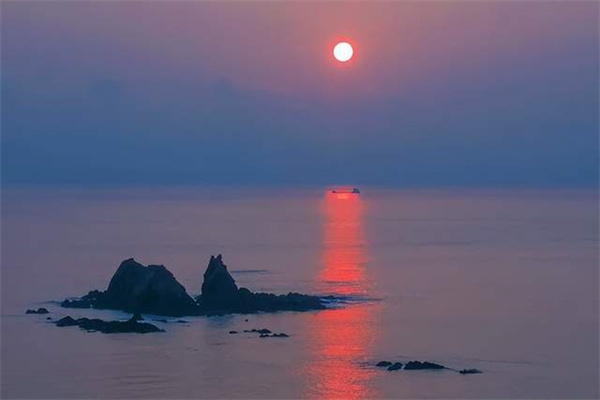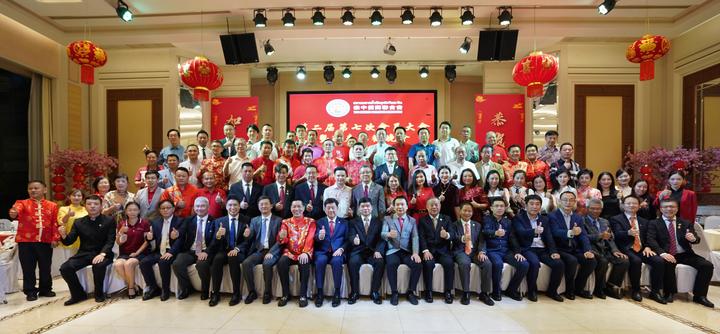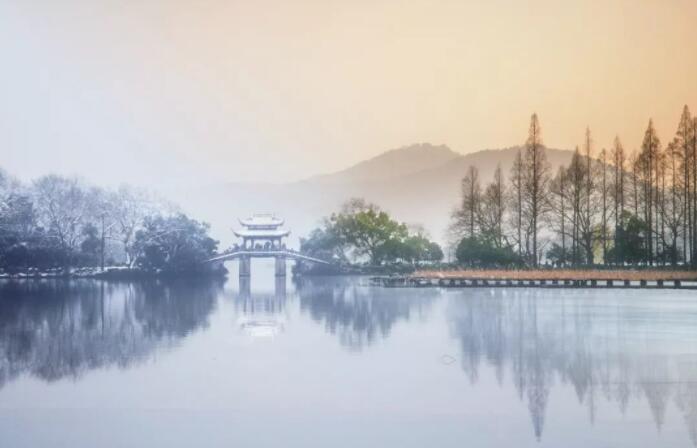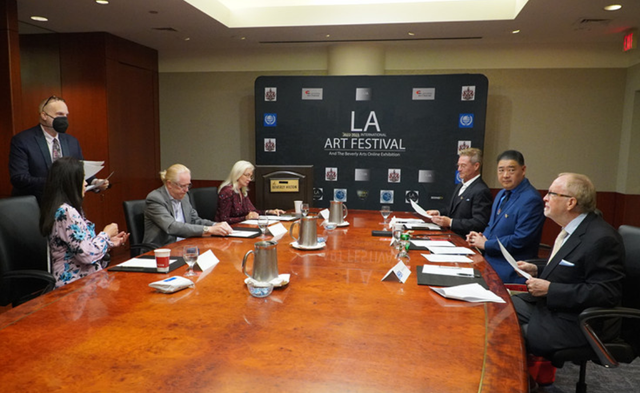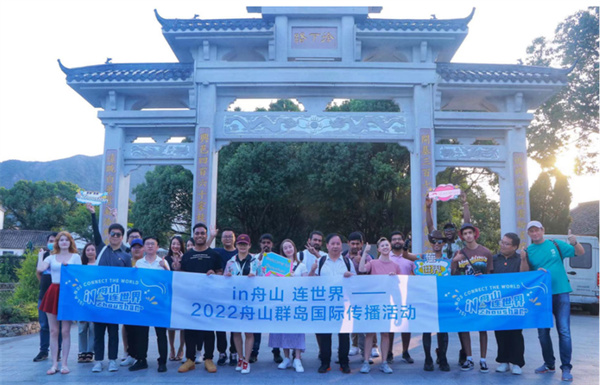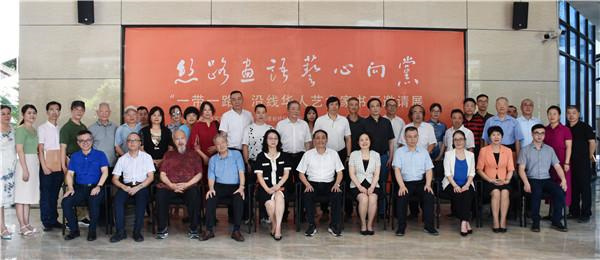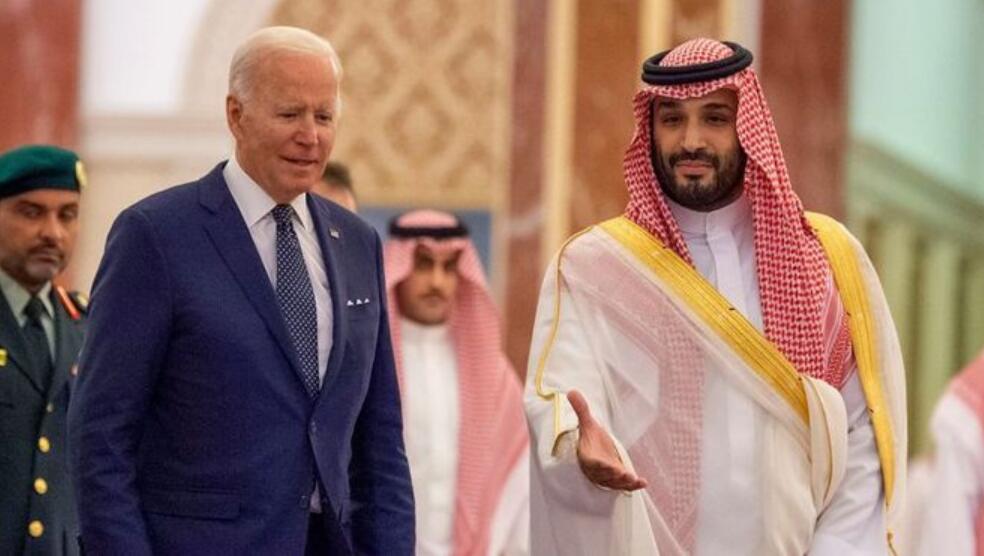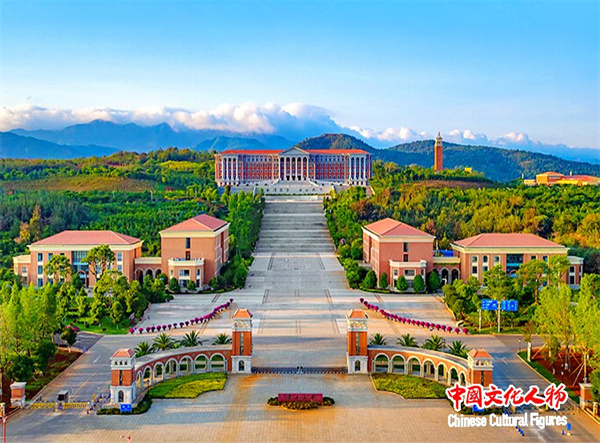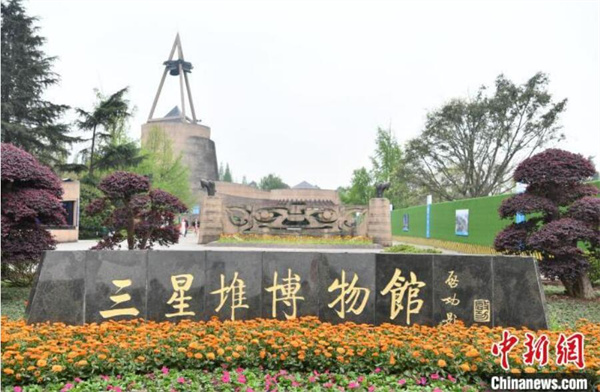Maintenance of the present-day world order, which establishes peace following the Allied victory in World War II and prevents revival of militarism in the post-war era, essentially requires concerted efforts by both China and the United States. As the whole international community is commemorating the 70th anniversary of the WWII triumph, Chinese and foreign experts have called for concerted China-U.S. efforts to safeguard the hard-won post-war world order, which is now faced with grave challenges mainly as a result of attempts by right-wing forces in Japan to deny the outcome of WWII and to change the country"s pacifist constitution. Under such circumstances, it is high time for the United States to join China in safeguarding the post-war order and their close cooperation can have a positive and stabilizing impact on a range of issues, said Ted Carpenter, a senior fellow for defense and foreign policy studies at the Cato Institute, a Washington-based think tank. "In our current era, those two countries need to be treated as responsible great powers with an obligation and right to contribute to global order," he said in a recent interview with Xinhua. UNSHAKABLE POST-WAR WORLD ORDER Born in the ruins of WWII, the Charter of the United Nations, a multilateral body led by major victorious Allied powers, set the main tone of peace for the post-war world -- a major outcome of the world"s anti-Fascist war. Adding to the far-reaching legacy are the 1943 Cairo Declaration and the 1945 Potsdam Proclamation, two important papers that underpin the present-day peace and order in East Asia. "The post-war order was founded on those important historical documents," said Ruan Zongze, vice president of China Institute of International Studies (CIIS). "Their purposes are to better safeguard world peace and prevent perpetrators of war from repeating the past mistakes." On the militarist Japan, the Cairo Declaration stated in explicit terms that "all the territories Japan has stolen from the Chinese, such as Manchuria, Formosa (Taiwan), and Pescadores" shall be restored to China. As an ultimatum that called for Japan"s unconditional surrender, the Potsdam Proclamation reaffirmed "the terms of the Cairo Declaration shall be carried out and Japanese sovereignty shall be limited to the islands of Honshu, Hokkaido, Kyushu, Shikoku and such minor islands" as it was determined. "Their terms are very clear: Japan shall return all of the territories it took by force, including China"s Diaoyu Islands," Shi Yinhong, a professor at Renmin University of China, who also serves as a consultant for the Chinese State Council (The Cabinet), told Xinhua. After expressing full acceptance of the proclamation on the day of its surrender, Japan revised its militarism-based fundamental law, whose post-war version is known as the "pacifist Constitution" for its war-renouncing Article 9. The constitution forbids the use of force as a means of settling international disputes and also prohibits Japan from maintaining an army, navy or air force. "The right of belligerency of the state will not be recognized," it provides. It is a commitment that Japan made to the world after learning from its war lessons, Japanese scholars observed. The pacifist Constitution was, in fact, part of the U.S. engagement in Japan"s post-war reconstruction. Joining other historical documents upheld by WWII winners including China, the constitution is aimed at ensuring that the former imperialist Asian nation focus its resources on economic revival, instead of launching aggression against other nations again. "At that time, the China-U.S. cooperation on the issue of Japan was remarkably sincere, which laid a solid foundation for their joint contribution to rebuilding the new world order," said CIIS researcher Yang Xiyu. JAPAN: STUBBORN DEFIER OF POST-WAR WORLD ORDER However, just years after the adoption of its pacifist Constitution, the WWII starter attempted to gloss over its acts of aggression and wartime crimes in domestic history textbooks, marking the beginning of Japan"s deviation from the 1947 war-renouncing commitment. In defiance of the Potsdam Proclamation, cabinet members of the Japanese government have made frequent visits in recent decades to the infamous Yasukuni Shrine in Tokyo, which honors 14 Class-A convicted criminals of WWII. Some of the war criminals honored in the shrine -- a symbol of Japan"s past militarism -- were held responsible for the surprise attack on the U.S. Pearl Harbor in 1941, said Ruan. He added that however, due to the connivance of the United States, Japan"s attempts to challenge the standing world order have gone even further. In its latest efforts led by incumbent Prime Minister Shinzo Abe, the Japanese government tried to reinterpret the constitution and force passage of controversial bills to allow troops of the Japanese Self-Defense Forces to play a bigger role overseas beyond the purpose of self-defense, adding to the farce of its so-called "nationalization" of China"s Diaoyu Island. By blatantly violating the terms of international law establishing the present-day world order, Japan eyes to shake off post-war restrictions on it, "in a show of an ongoing path of historical revisionism," Ruan said. Abe"s plan, labeled as "war bills" by both domestic and foreign media, has encountered head-wind once being revealed to the public. A recent poll published by the broadcaster NHK shows that 61 percent of the Japanese surveyed have rejected the course of their government. Moreover, massive protests against it have broken out one after another across Japan"s major cities. "Should Japan"s security system be revised, the world would see an unpredictable Japan capable of using force overseas," said Yang. Such a capricious Japan would pose severe threats to the order of the Asia-Pacific region and the whole world at large, and would even bring great uncertainties and challenges to its only ally, the United States, he warned. Additionally, a striking resemblance between today"s Japan and Germany after World War I (WWI) is justified enough for the world to stay alert, observed Tang Zhongnan, honorary president of China Japanese History Association. Before becoming a hotbed of WWII, Germany tore up the Treaty of Versailles that established the then world order in the 1930s, just in the way Japan tried to overturn its pacifistic ideals. The similar approach adopted by Japan today just serves as irrefutable evidence of its attempts to challenge and deny the post-war world order, he noted in an article published in Qiushi (Truth Seeking) Journal, a magazine devoted to policy-making and theoretical studies. |

